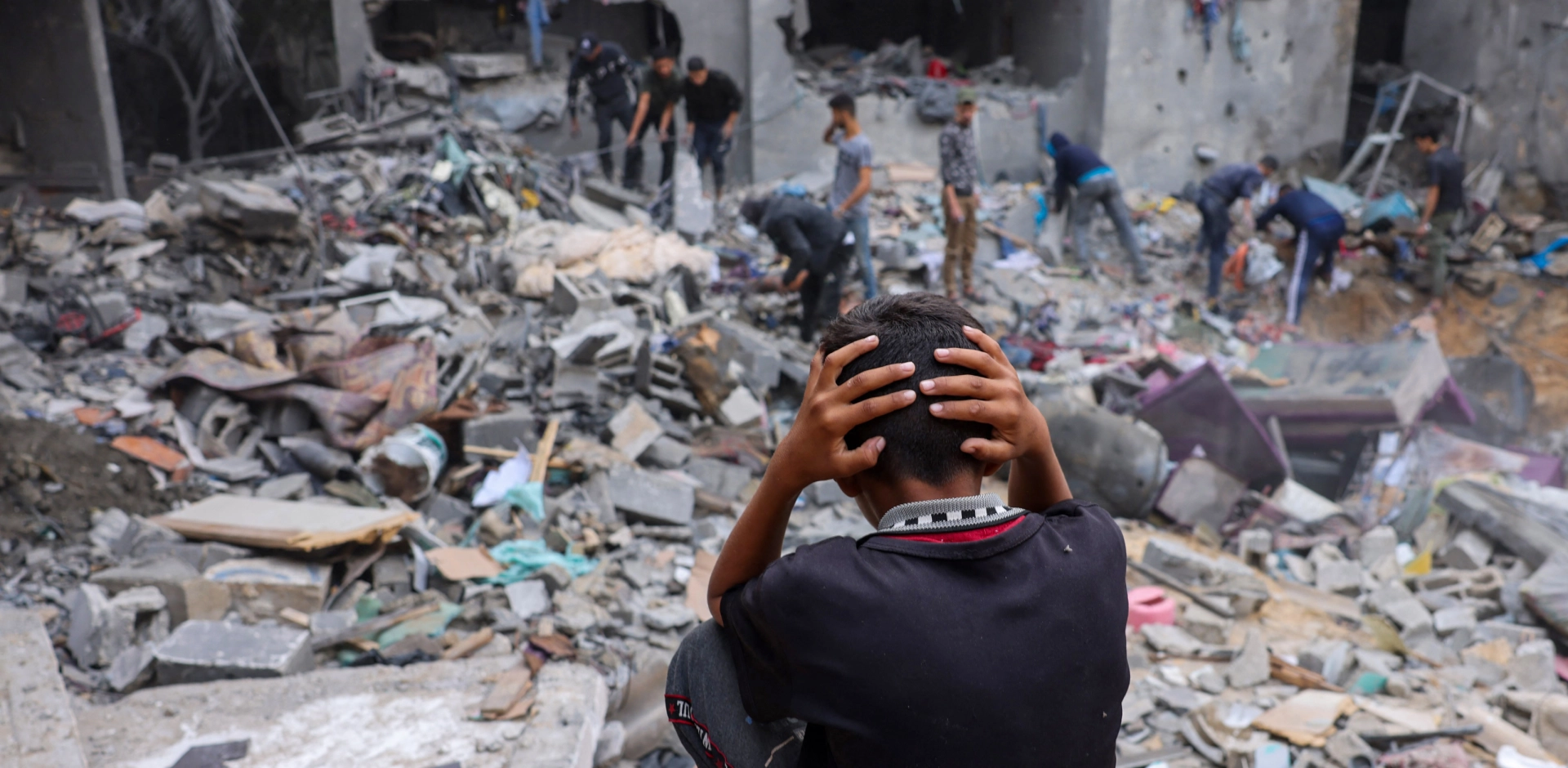Toys, books, playmats, activity centers, activity cubes, more toys, more books …
You might provide all of these means of learning and entertainment for your children. And yet, they end up mostly interested in: your books, your favorite mug, your prayer mat, your phone, your TV remote, your computer, your mouse …
Then you might start questioning: why are they so excited to have these boring things and not the colorful twistable gadgets full of moving parts and bleep bleep sounds?
The answer is simple: because they imitate you, and they do so, way more than you might think.
Many studies show that children, regardless of their culture, over-imitate. Meaning they copy everything adults do even if it is silly and does not get them anything.
You grab the food with your right hand, and they do the same.
You put the circular block in the circular hole, they follow your example.
You fake a cough, they fake one too.
SubhanAllah, this is how Allah (ﷻ) created us. And this behavior of constantly copying people around us continues throughout the rest of our lives.
The Prophet (ﷺ) said:
A man follows the religion of his friend; so each one should consider whom he makes his friend.
[Sunan Abi Dawud]
This hadith shows how a person ultimately will follow the ones closest to them, even in their religion.
For all children, the parents, are often the closest people to them.
A common phrase that parents and educators say today to children is: “do as I say, not as I do”. Meaning: “model yourself after my instructions not my actions, because I am not perfect, I make mistakes, and you should not make the same mistakes I do.”
However, Allah (ﷻ) says in the Qur’an:
O you who have believed, why do you say what you do not do? Great is hatred in the sight of Allah that you say what you do not do.
[As-saf – 2, 3]
What really matters is what you do.
We have all heard statements from parents wanting to protect and raise their kids well.
“I want to focus on my kids, I cannot come to the halaqah”
“I wish they would come to the masjid”
“I don’t have time to read Qur’an, I just want to make sure my children are good Muslims”
They key is to start with ourselves, be what we want them to be, show them how much we truly love Allah, and how much we hope to be together in Jannah.
Ultimately, we can only safeguard our children by safeguarding our Iman.
I am a new father, and this was one of the dearest pieces of advice that I received from my teachers: “The best way to raise good Muslim children is to be a good Muslim yourself”



